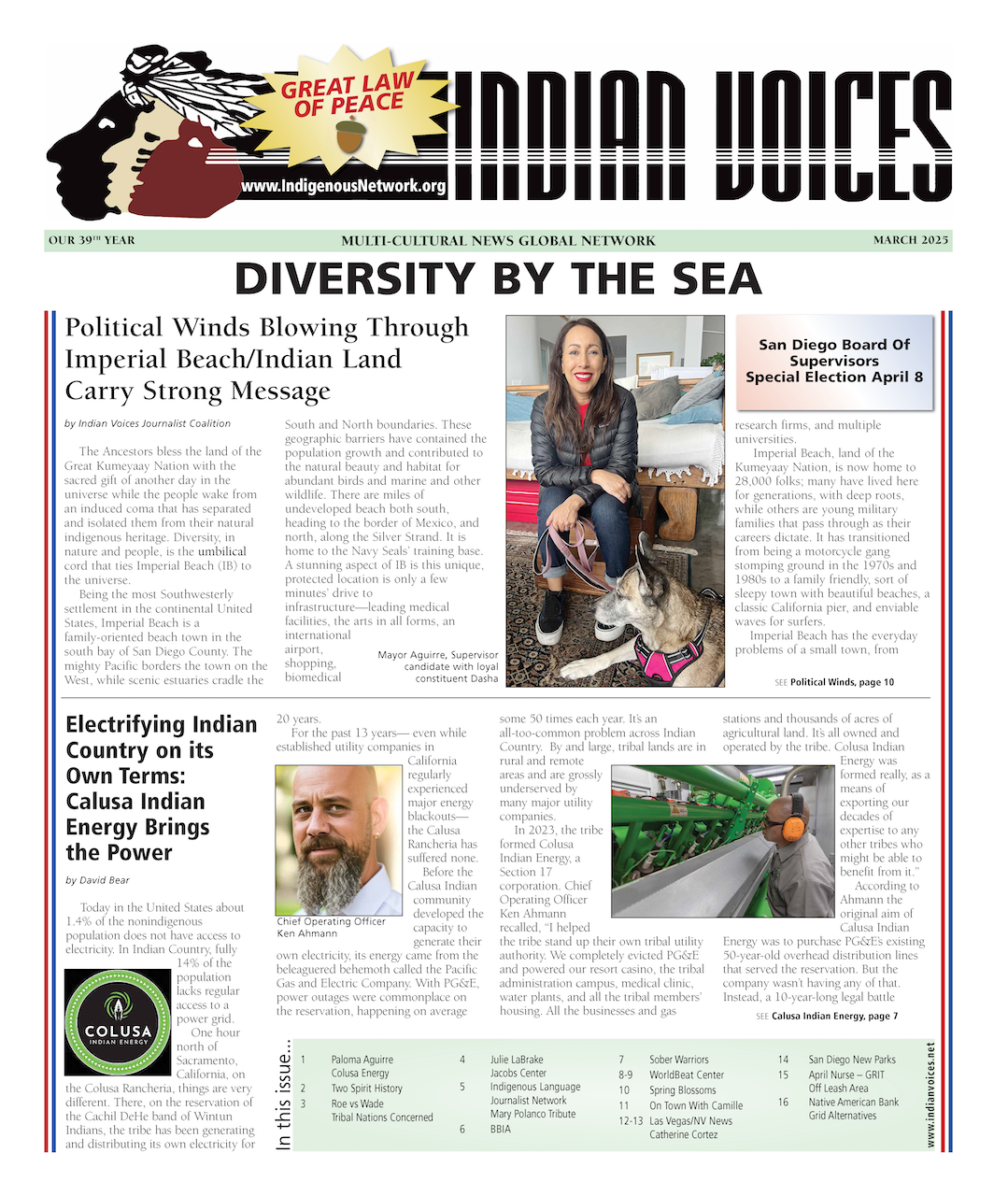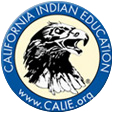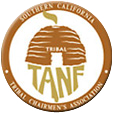The vision is to unite people globally in authentic relations and cooperative endeavors and become a collective force to assist and empower Indigenous communities with recovery and revitalization of their communities.
Introduction
Indigenous Peoples today and their ancestors are a testimony of resilience and steadfast determination to survive as distinct and unique cultures in the face of tremendous challenges. There are at least 5,000 diverse Indigenous cultures worldwide, roughly 5% of the global population. They are the carriers of unique artistic expressions, traditional knowledge, wisdom, language, an advanced understanding of the environment and natural medicines and other intellectual property, contributing to the common heritage of humankind. Yet Indigenous Peoples and their rich heritages remain at risk as they strive to maintain their way of life on their ancestral homelands with dignity into the 21st Century.
The Indigenous Peoples Honor Society recognizes Indigenous Peoples’ inseparable relationship with their ancestral lands and that stewardship of their lands is fundamental to their existence. We acknowledge the grave injustices and great sacrifices they have endured over the past 500 years during the periods of historical conflict into the present. Equally, we recognize that these injustices still negatively impact their communities, children, and their future well-‐being. The Indigenous Peoples Honor Society is a call to bring to balance and remedy the profound neglect on the part of our society of the inherent rights of Indigenous peoples worldwide.
Membership would be by invitation with members representing academia, cultural institutions, leading foundations, NGO’s, human rights organizations, religious institutions, ethical and innovative businesses, as well as renowned humanitarians, UN consultants, prominent political figures, and influential international artists. At the center of the Indigenous Honour Society would be a circle of highly respected Indigenous advisors. This could include representatives from such organizations as the International Indian Treaty Council, The Seventh Generation Foundation, The Indigenous Environmental Network, The Women’s Indigenous Network, The National Indian Youth Leadership Project, Running Strong for American Indian Youth, First Nations Development Institute, as well as such entities as the National Congress of American Indians and Canada’s Assembly of First Nations. It is with a renewed spirit of the human heart and a quest for more substantive relationships, that we can build a bridge of universal human kinship, creating prosperity, and sharing knowledge and experiences for a sustainable world on behalf of all our children and future generations.
GOALS
- Respectfully listen to Indigenous Peoples’ concerns, challenges, and visions for their future and learn what honor, healing, and reparation means for them;
- Support Indigenous Peoples in revitalizing their communities and restoration of their homelands with respect to self-‐determination and sovereignty;
- Support Native managed healing and wellness programs, related to the historical and collective trauma, for substance and alcohol abuse and suicide prevention.
- Recognize land-‐based spirituality as valid and join in solidarity with Indigenous Peoples for protection of sacred sites and to retain their ancestral lands;
- Create academic partnerships for the purpose of preserving the priceless cultural legacies of Indigenous Peoples and developing appropriate educational curriculum reflective of Native worldviews;
- Promote actions and events to help implement the UN Declaration on the Rights of Indigenous Peoples;
- Denounce the Doctrine of Discovery, the Inter Caetera Papal Bull of 1493 as a violation of human rights and Indigenous Peoples’ survival;
- Give recognition and learn from the Original Stewards how to live in accordance to the Natural Laws of Creator.
- Support greater participation of Indigenous leaders in regional,national,and the global arena in decision-‐making.
UN Declaration on the Rights of Indigenous Peoples, (UNDRIP)
The UN Declaration on the Rights of Indigenous Peoples, adopted by the UN General Assembly in 2007, established a framework of minimum standards for the survival, health, safety, dignity, and basic rights of Indigenous peoples worldwide. The resolution called for recognition of the world’s 370 million indigenous peoples’ right to self-‐determination and control over their lands and resources. Article 37 of the UN Declaration explicitly recognizes the right of Indigenous peoples to have their treaties, agreements, and other constructive arrangements with States recognized, observed, and enforced. Although maximum compliance is expected, “a strong expectation that Members of the international community will abide by it,” UNDRIP is not a legally binding instrument under international law. In 2010, after years of refusal, the U.S. became the last member of the UN to endorse the declaration. Many human rights organizations as well as churches worldwide, including the World Council of Churches and the World Parliament of Religion have called for its support and to advance its implementation.
http://www.un.org/esa/socdev/unpfii/documents/DRIPS_en.pdf






